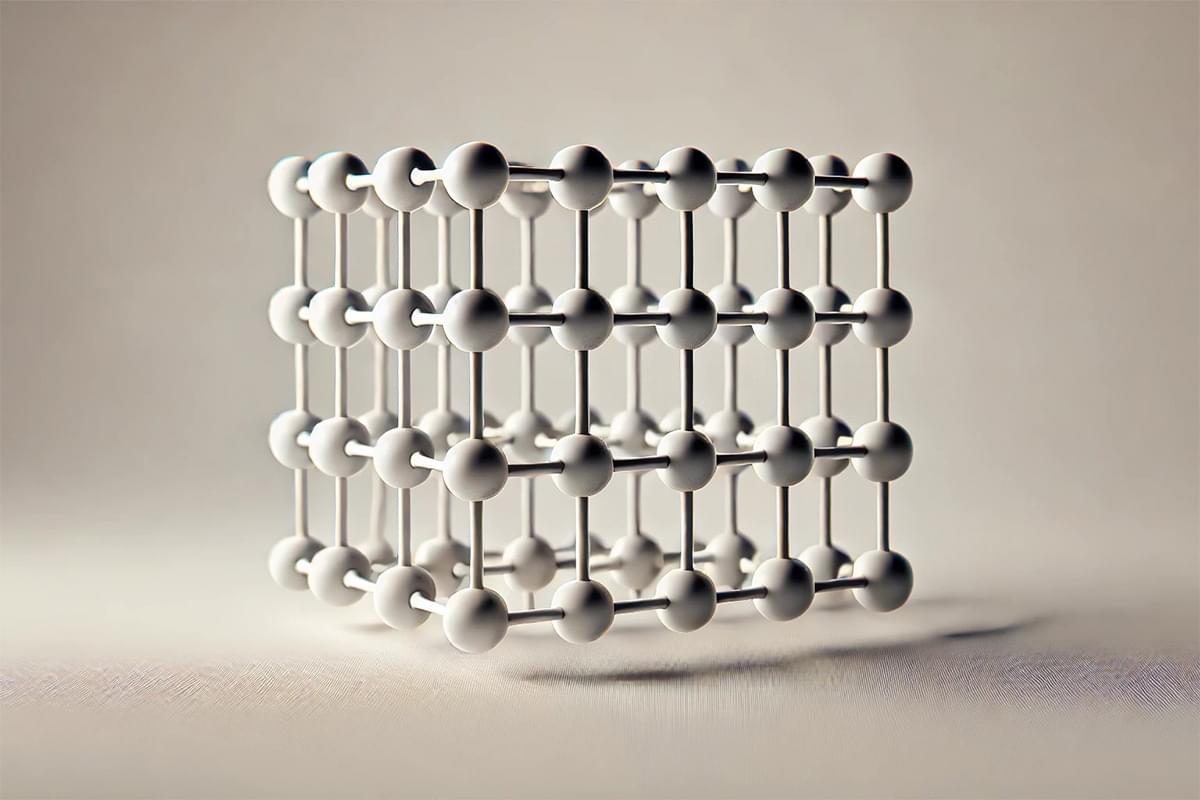Using machine learning, a team of researchers in Canada has created ultrahigh-strength carbon nanolattices, resulting in a material that’s as strong as carbon steel, but only as dense as Styrofoam.
The team noted last month that it was the first time this branch of AI had been used to optimize nano-architected materials. University of Toronto’s Peter Serles, one of the authors of the paper describing this work in Advanced Materials, praised the approach, saying, “It didn’t just replicate successful geometries from the training data; it learned from what changes to the shapes worked and what didn’t, enabling it to predict entirely new lattice geometries.”
To quickly recap, nanomaterials are engineered by arranging atoms or molecules in precise patterns, much like constructing structures with extremely tiny LEGO blocks. These materials often exhibit unique properties due to their nanoscale dimensions.
